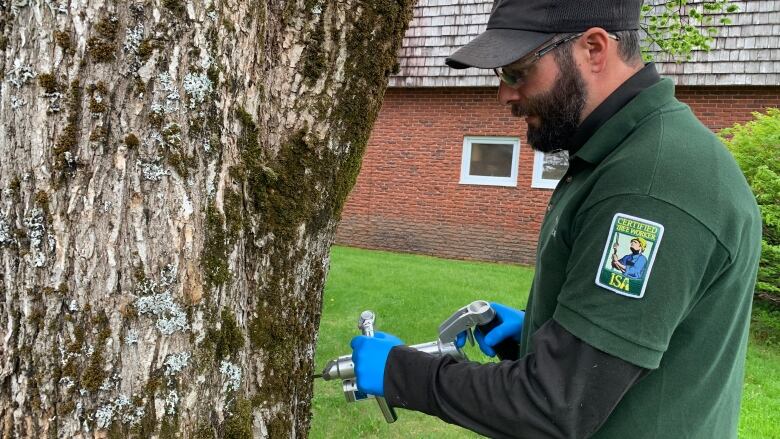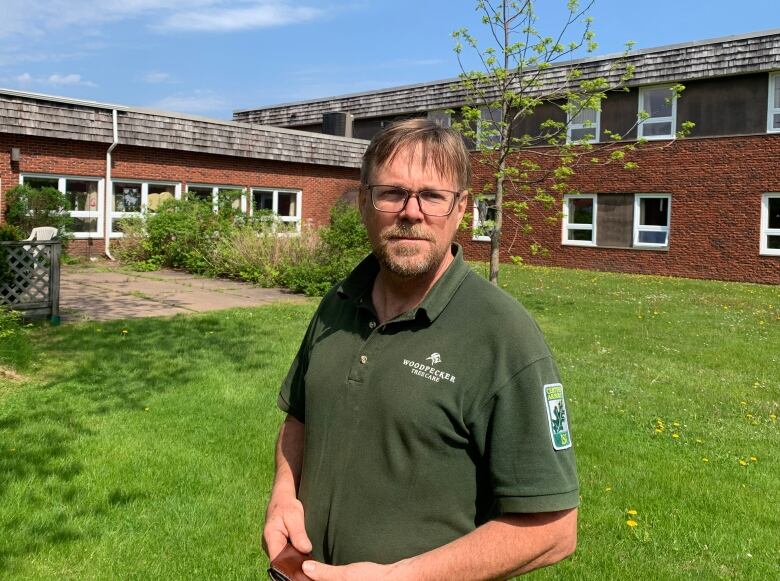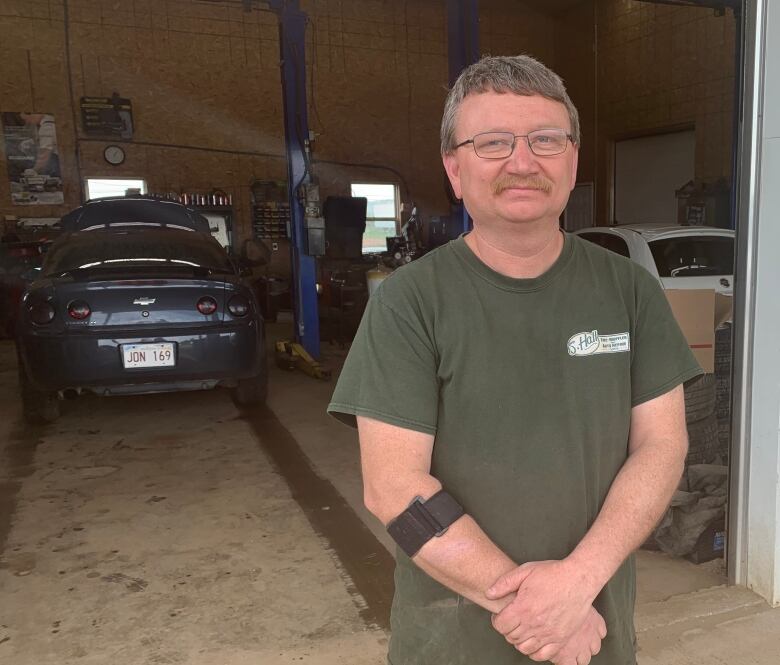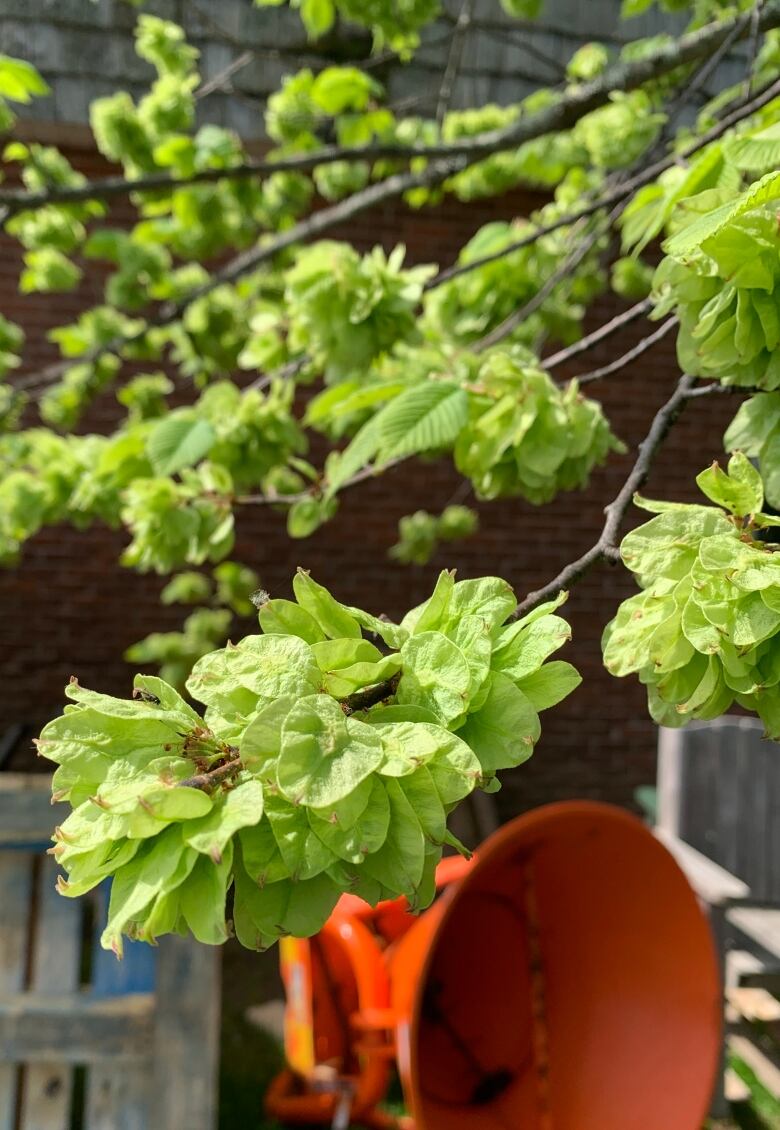Good for business but 'heartbreaking': Sackville arborist works to keep elms from the chopping block
Good for business but

An arborist in Sackville is working to keep 35 elm trees in south eastern New Brunswick and northern Nova Scotia healthy by vaccinating them against Dutch Elm Disease.
Kevin Anderson, owner of Woodpecker Tree Care, said throughouthis 20 year career he's had to cut down many elm trees because ofthe disease that has decimated elm tree populations since the 1980s.
"In a sense it's good for business, and in another sense it's really heartbreaking," said Anderson. "I don't want make my money that way."
Dutch Trig is a biological vaccine developed at the University of Amsterdam by a company from the Netherlands more than 10 years ago. The vaccine must be injected annually. It doesn't cure trees already infected with DED, but isthought to prevent the fungus from developing in healthy trees.

While some citieslike Fredericton are making the investmentto vaccinate elm trees, many smaller municipalities and rural areas can't afford the costs.
So Anderson is makingit more affordable by shouldering some expenses himself, then looking for help, through tree sponsors like Scott Hall.
'Scott's my mechanic'
Hall owns S Hall Tire Muffler & Auto Repair Centre in Sackville and said Anderson approached him about paying to keep an elm tree alive.
Anderson said with a laugh,"Scott's my mechanic."
He said they were talking and the deal was struck.

Anderson identified four elm trees on the property belonging to Drew Nursing Home that he intends to vaccinate.
"They've lost probably 20 full size trees over the years,"said Anderson.
Hall is covering the $150 dollars per year, for two trees, because he thinks it's an interesting project.
But more importantly, both of Hall's late parents spent time at the nursing home, and he wanted to do something nice for the people who work and live there.
"This was kind of a little bit of me giving back," said Hall."If this makes somebody smile when they look at the tree because it's nice and healthy, that's great."

The town of Sackville is contributing money to the project, and Anderson said he has other private donors like Hall lined up.
Protection from the fungus
Rory Fraser, who works at Woodpecker Tree Care, is trained and certified to vaccinate the trees.
"You just pull the trigger and it flows out into the bark," he said while practicing administering the vaccine to a Scotch Elm tree.
Fraser said diseased elms are usually pretty easy to spot.

"One section of the tree will either die off or not come out in the spring and then slowly that'll make its way around the entire tree until it's dead," he said. "That usually takes about a season, give or take."
The project is a long term one because trees need to be treated each year for the vaccine to be affective.Fraser said the hope is the tree manages to live long enough for Dutch elm disease to die off in the area.
"You can see the seeds are all coming out on these trees now," he said. "The longer we can keep seeds producing, thenthe more options there are for new elm trees in the future."












_(720p).jpg)


 OFFICIAL HD MUSIC VIDEO.jpg)
.jpg)



























































































